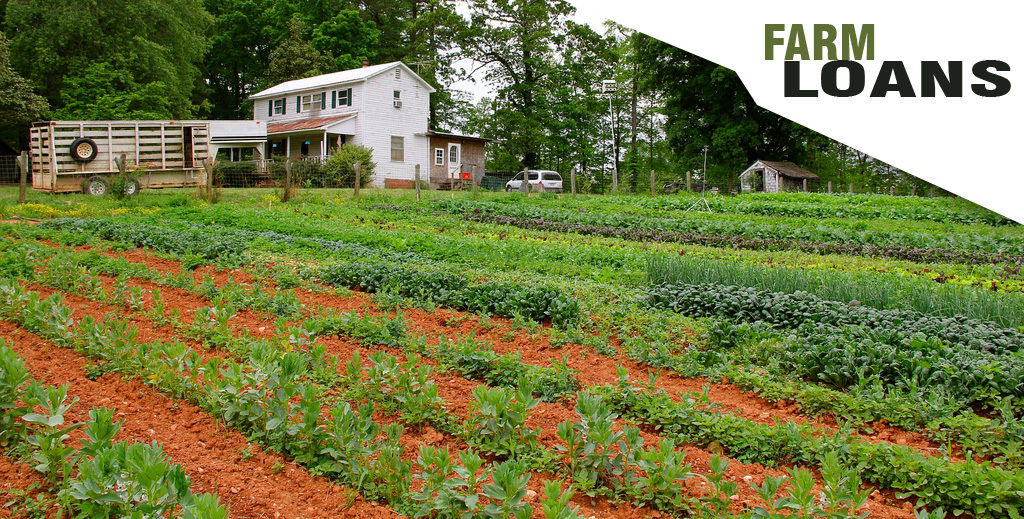Farm loans can help ranchers and farmers obtain capital to run their agricultural activities. The U.S Department of Agriculture administers these loans, and ranchers and farmers who have met the requirements of the program are given guaranteed support. Here are some of the qualifications for the various farm loan programs in the United States.

Emergency Farm Loans
These loans exist to help ranchers and farmers recover from losses caused by events such as food quarantine, flood, or draught. However, farms or ranches of the applicants of any emergency Sproutag farm loans must be located near a natural calamity-prone area. The rancher or farmer must also have a ranch or farm that has been in operation for quite a while. The rancher or farmer must also have experienced a significant production or financial loss due to a catastrophic event. The lender will also impose collateral or credit requirement on the applicants, and ranchers and farmers must prove their ability to repay the loan.
Beginners Loan
The beginner loan program provides guaranteed and direct loans to farmers and ranchers that aren’t eligible for a commercial credit. The applicant can be an entity or individual that has been in the agribusiness for less than a decade. However, farmers and ranchers aren’t allowed to own a farm that exceeds 30% of the farm or ranch they reside in, and they must also meet all the requirements of the program. The applicants must also have been in charge of their farm for at least three years, and each member must qualify for the loan and be related if the farm is family-owned.
Socially Disadvantaged Loans
These loans are for socially disadvantaged groups and farmers and ranchers that belong to racial minority groups. They only allow applicants to operate a family-sized ranch or farm. Applicants considered for socially disadvantages loans include Pacific Islanders, Hispanic-Americans, and African-American.
Guaranteed Farm Loans
These loans are for ranchers or farmers who are often not eligible for loans provided by commercial lenders, which include credit unions, farm credit system institutions, and banks. Guaranteed farm loans provide up to 90% guarantee of the amount of money given to a farmer or rancher. Interestingly, these loans let lenders ease some of the loan requirements to make it easier for ranchers and farmers to access funds.
Direct Farm Loans
These are funds that FSA gives to farmers and ranchers directly as farm ownership loans. A local FSA agency office is responsible for setting the qualifications for a direct farm loan. Ranchers and farmers should contact their local FSA office to understand the criteria for direct farm loans, as they tend to vary across jurisdictions.
First-time ranchers or farmers can have trouble qualifying for a farm loan. Like any venture, borrowers with a poor track record of sales may struggle to get financed. Fortunately, a lot of options that nearly every rancher or farmer can qualify for are slowly emerging. The government backs farm loans, and these funds come with lower interest rates, so they are useful to farmers and ranchers.













